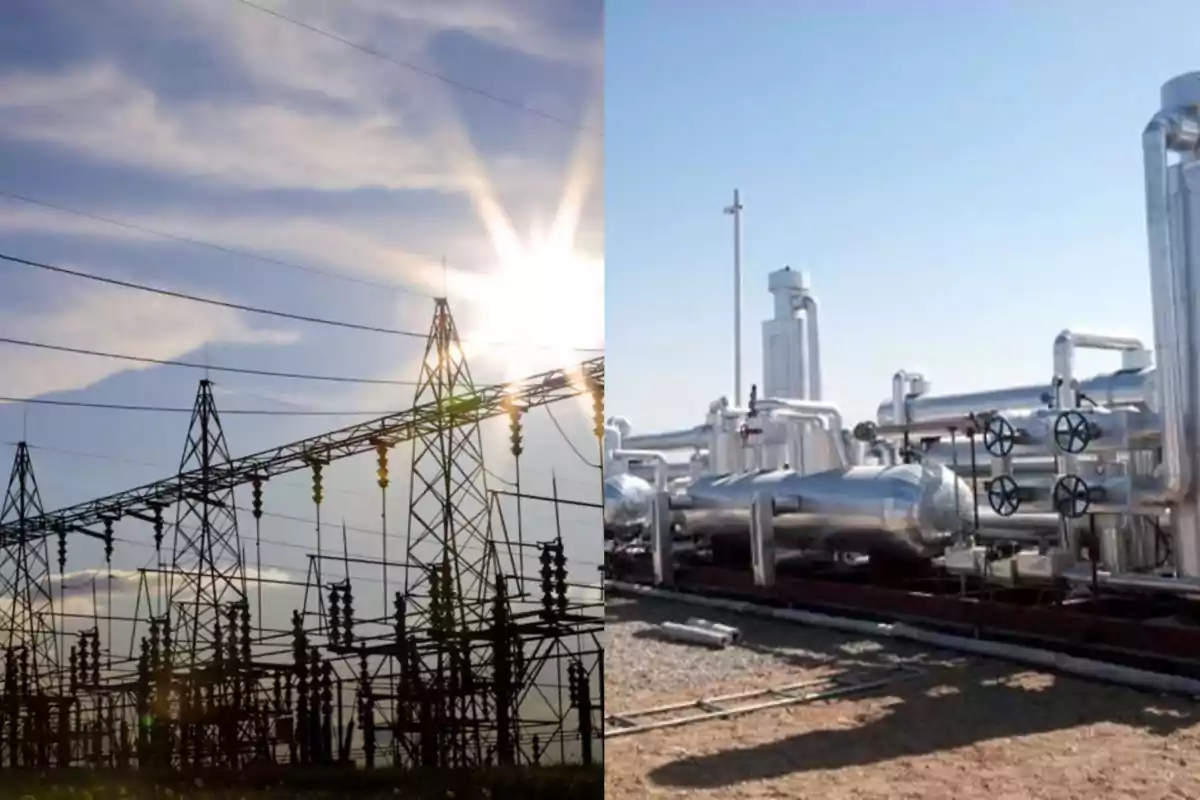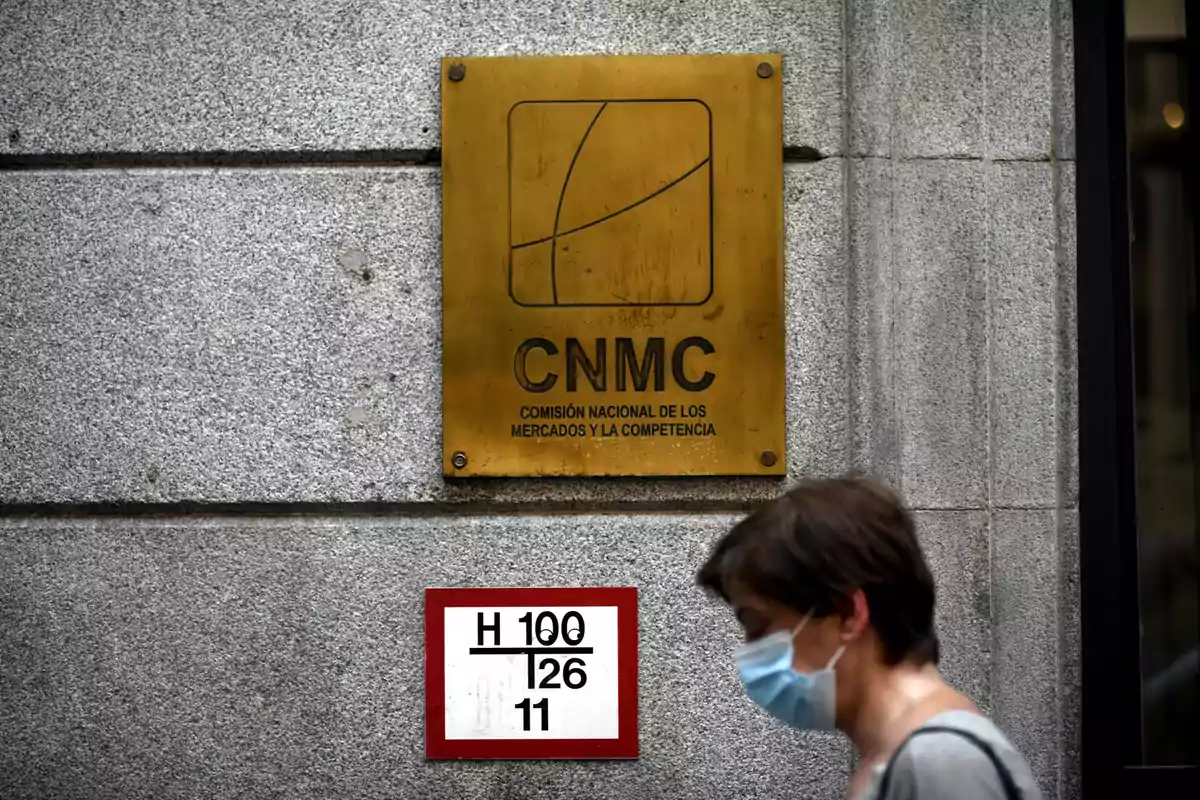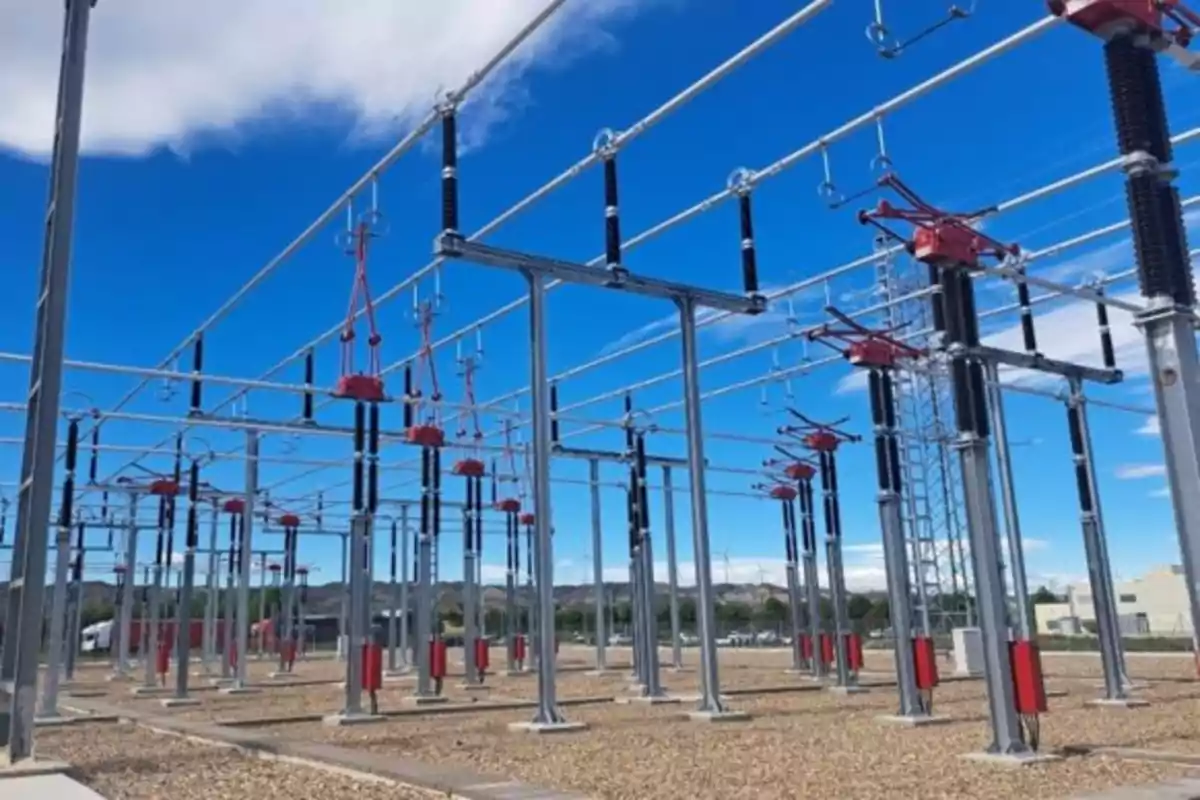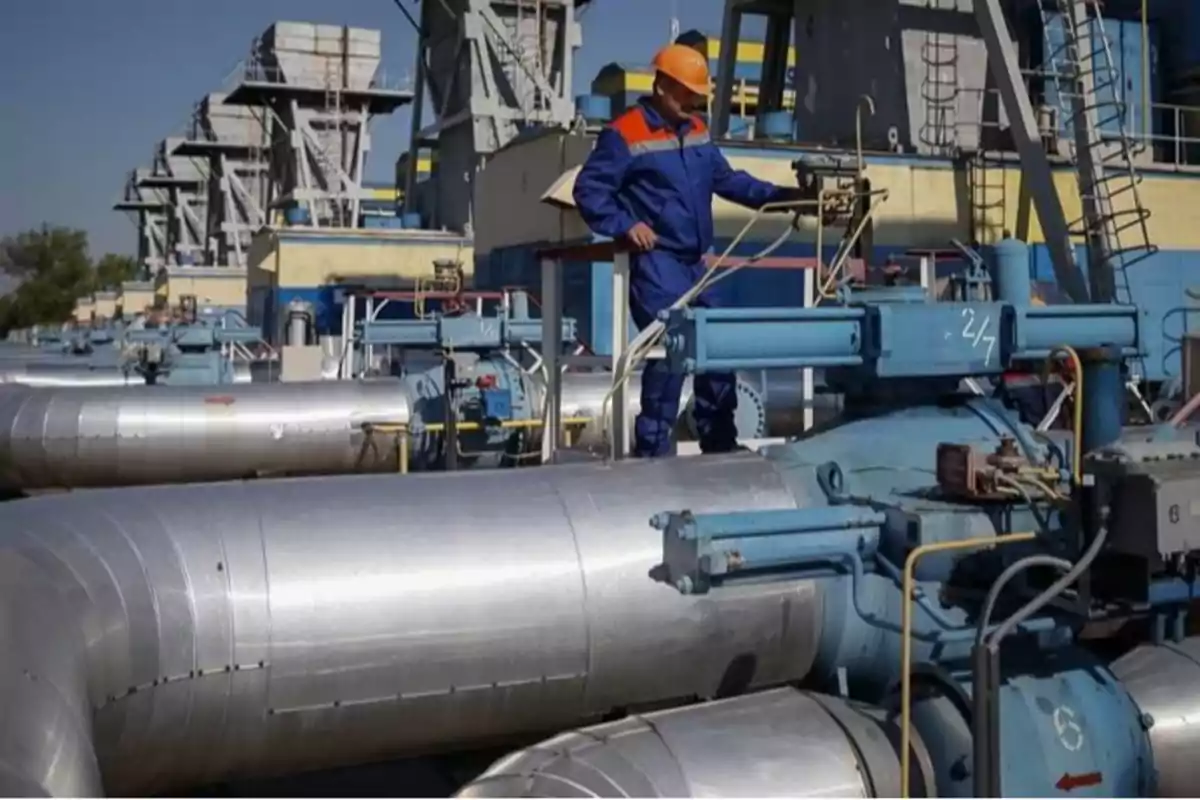
War between electric and gas companies: the 'interests' behind the new regulatory 'law'
Iberdrola, Endesa, and Naturgy believe that the CNMC, with the PNV's vote, is delivering a multi-million blow to their businesses
The National Commission on Markets and Competition (CNMC) has sparked the biggest conflict in the energy sector in recent years. All this after approving a new remuneration for electricity and gas networks. This move has been described by the major electric companies as a "blow" to their profitability.
The decision has had the key backing of the board member proposed by PNV and the support of the gas sector. However, it has triggered a direct confrontation between electric companies and the regulator. In addition, it has also increased tension with the Ministry for Ecological Transition.
The dispute threatens to lead to legal challenges, a slowdown in investments, and a new clash between regulatory policies and the needs of the energy transition in Spain.

In June, CNMC approved new circulars that set the profitability of transmission and distribution networks for the 2026-2031 period. The figure for electricity networks was set at 6.46% (6.46%), a percentage lower than the 7% (7%) demanded by the main companies in the sector. It also diverges from the Ministry's guidelines.
In the case of natural gas networks, the remuneration was set at 6.43% (6.43%). This left a minimal difference of just three hundredths between the two activities.
This margin has created a perfect storm in the sector. The electric companies, led by Iberdrola, Endesa, Naturgy, and EDP, believe that CNMC has cut their economic return capacity. They also point out that it has put at risk the very model of energy transition based on electrification.
According to their estimates, the cut will mean a reduction of more than 1 billion euros per year compared to their infrastructure investment forecasts. This could affect key projects such as the expansion of smart grids, the integration of renewable energies, and the modernization of low- and medium-voltage infrastructure.
PNV, Key in the Regulator's Decision
The vote at CNMC that approved this remuneration scheme was marked by internal division. This gap partly reflects the weight of political dynamics within the regulator.
Sources close to the body indicate that the favorable vote of the board member proposed by PNV was decisive for the proposal from the presidency, led by Cani Fernández, to go ahead.
This circumstance has not gone unnoticed in the electricity sector. Some interpret the move as "a maneuver that responds to interests linked to the gas sector," which has a strong presence in the Basque Country.

Sources close to PNV argue that the party has not exerted any pressure and that the board member acted based on the technical reports presented. However, the episode has reignited criticism about the real degree of independence of CNMC and has increased tensions between the Ministry for Ecological Transition and the regulator.
The Ministry believes that the decision is inconsistent with the national decarbonization and electrification strategy, and is studying possible ways to correct course.
The Electricity Sector Denounces Regulatory Inconsistencies
The major electric companies have wasted no time in reacting strongly. In a joint statement sent to CNMC and the Ministry, the companies accuse the regulator of approving a framework that hinders the investments needed to meet the 2030 and 2050 climate targets.
They argue that the near-total alignment between the remuneration of gas and electricity networks means ignoring the hierarchy established by European and national energy policies. These place electrification as the pillar of decarbonization.

In addition, the companies warn that the calculation of remuneration has been based on a biased analysis of the cost of capital. All because the average historical yield of the Spanish bond over the last six years was used as a reference.
According to the electric companies, this distorts the calculation of financing costs in a context of rising interest rates and greater demands.
They argue that the consequence will be a diversion of capital to other geographies or sectors, with the resulting delay in strategic projects for the country.
The Gas Sector, Relieved but Also Cautious
On the gas side, the impact of CNMC's decision has been received with greater satisfaction, though not without reservations. Enagás and the main distributors value positively that the remuneration of their networks is kept at a level they consider reasonable. However, they fear that the practical equality with electricity networks could end up generating additional tensions in the implementation of transition policies.

Several sector leaders have pointed out that gas should be a support resource in the transition. They argue that equating its profitability to that of the electricity vector could be interpreted as a wrong signal in terms of decarbonization.
The Ministry Warns of the Risk to the Ecological Transition
The Government's response has not been long in coming. The Ministry for Ecological Transition believes that the remuneration cut approved by CNMC ignores the basic principles of the Integrated National Energy and Climate Plan (PNIEC) and the European Fit for 55 framework. Both advocate for massive electrification as a way to reduce emissions.
Ministerial sources indicate that the alignment with gas is contrary to the climate neutrality objectives. Some even point out that CNMC has acted with a "short-term vision focused on cost containment, without assessing systemic impacts."

The ministry led by Sara Aagesen is studying possible actions to counteract the effects of the regulator's decision. Among them is the possibility of appealing to judicial bodies. Or, at least, proposing regulatory adjustments that would allow incentives for electricity networks to be redirected.
The tension between the Ministry and CNMC has reached a level not seen since the days of the first energy reforms after the 2008 financial crisis.
The Immediate Future: Possible Appeals and a Framework of Uncertainty
The scenario ahead is uncertain and, according to sources from the sector and the regulator itself, is fraught with legal and economic risks. The electric companies are already analyzing the possibility of filing administrative appeals against the approved circulars. They would do so arguing that their content could violate the legal framework that sets the priorities of energy policy.
The Ministry could also take action in this direction. However, sources close to the matter stress that the priority remains dialogue and the search for a technical solution that would allow the remuneration percentages to be adjusted without the need for an open legal conflict.
Meanwhile, international investors and analysts are watching the situation with growing concern. Rating agencies and investment consultancies warn that an unstable regulatory framework and a prolonged conflict could make financing energy projects in Spain more expensive. Also, discourage the arrival of capital to a sector that is key to meeting climate commitments.
More posts: